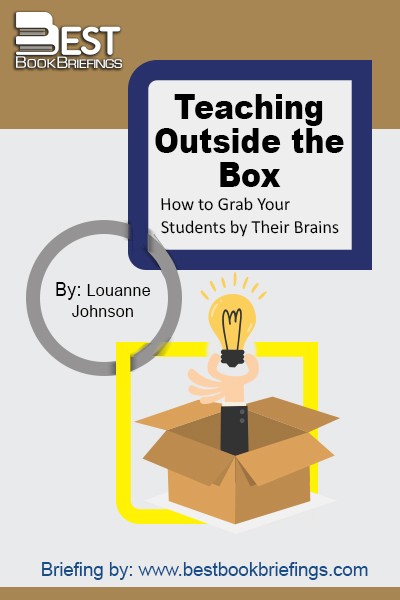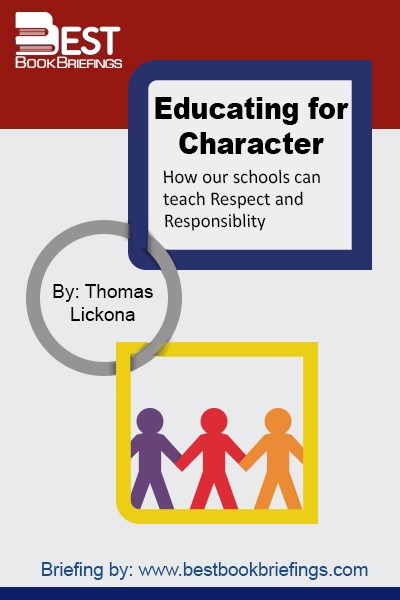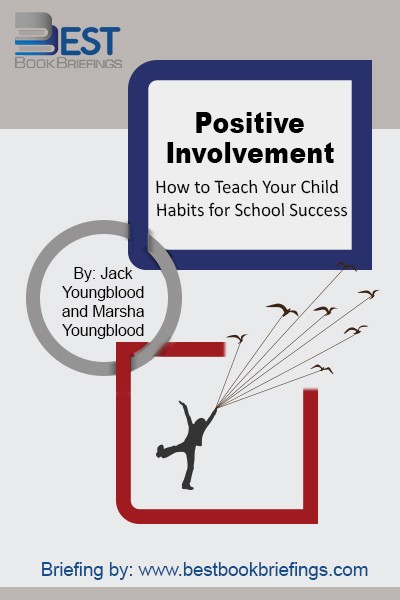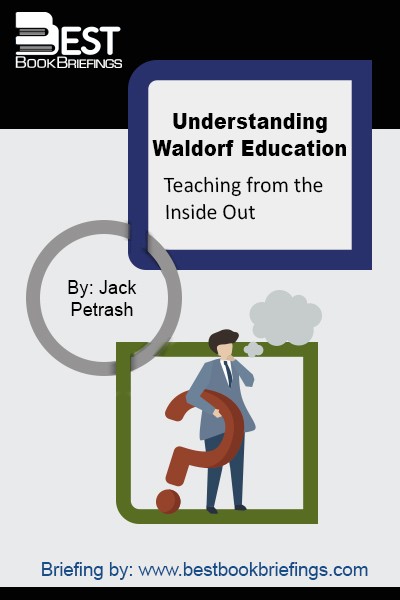Understanding Waldorf Education
Teaching from the Inside Out
Editorial Review
Waldorf education aims at enabling students as fully as possible to choose and to realize their individual path through life as adults, and stresses to teachers that the best way to provide meaningful support for the child is to fully comprehend the phases of child development and to bring “age-appropriate” content to the children that nourishes healthy growth. The philosophy that drives Waldorf education is one in which human possibility is seen as infinite. It places the development of the child in the focal point, convinced that the healthy individual is a prerequisite for a healthy society.
Book Reviews
Books on Related Topics

From seating plans to Shakespeare, Teaching Outside the Box offers practical strategies that will help both new teachers and seasoned veterans create dynamic classroom environments where students enjoy learning and teachers enjoy teaching. This indispensable book is filled with no-nonsense advice, checklists, and handouts as well as a step-by-step plan to

There is today a widespread, deeply unsettling sense that children are changing in ways that tell us about ourselves as a society. And these changes are reflected not just in the violent extremes of teenage behavior but in the everyday speech and actions of younger children as well. Children with the most

Positive Involvement is designed to convince parents that they need to be involved in their child's learning and it is written to show them how to be both positive and effective in that involvement. As one reviewer wrote, 'The basic premise of the book is that school success is based on



